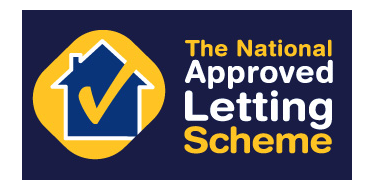However, we know that there are many issues and problems that landlords have to contend with. Finding and managing tenants isn’t easy but for many landlords, staying in touch with the latest regulatory changes is the most trying aspect of the role.
There is anecdotal evidence to suggest many landlords have left the industry because of these changes and the pressure landlords are under. If you are a landlord in Slough and you need assistance in remaining up to date, please get in touch and we will be more than happy to assist you.
In 2018, there were four new items for landlords to contend with and there are a few more issues coming into effect in 2019. It is fair to say that the tenant fees ban is likely to be the biggest issue for many landlords and this will come into effect from the 1st of June this year.
Landlords should be aware of the tenant fees ban
With the tenant fees ban, landlords will be limited in what fees they can charge tenants. Landlords will still be able to charge rent and ask for a deposit but landlords will no longer be able to charge a fee for reference checks or when carrying out an inventory test of the home. These are important aspects of a landlord's duties and if a landlord has to fully absorb these costs, it could cause issues for landlords.
As this has been the case in Scotland for some years, it is understandable that many landlords have looked at the system north of the border. Many Scottish landlords have admitted to absorbing the costs, which has caused them problems, but many have cited an improvement in the relationship with their tenants.
If a landlord can afford to absorb these costs while simultaneously benefitting from an improvement relationship with tenants, which can lead to longer stays, it may be worthwhile for many landlords. Anything which reduces the likelihood or risk of a void period should be considered a positive outcome for landlords.
There is a deposit cap for landlords to consider
There is also the fact that there will be a deposit cap for landlords to consider. The deposit will be capped at five weeks’ rent when the annual rent is £50,000 or less and for properties where the annual rent is more than £50,000, the deposit cap will be six weeks’ rent.
It is not as though landlords collect this money for their own needs, they have to place it into a Government approved deposit scheme. However, many landlords find that the comfort that comes from a larger deposit, which places pressure on the tenant to maintain the standard of the rental property, is essential when letting homes.
Another issue for Slough landlords to be aware of is the Homes (Fitness for Human Habitation) Act which will come into effect on the 20th of March this year. The main issue from this Act is that tenants will now have the right to sue landlords if the rental accommodation is deemed to be unfit for human habitation.
This shouldn’t affect most landlords, it is another way to combat rogue landlords, but it may not harm landlords to reconsider the condition of their rental property.
If you are a Slough landlord and you are looking for assistance in letting property and staying in touch with the latest regulations, get in touch and we will be more than happy to help.











